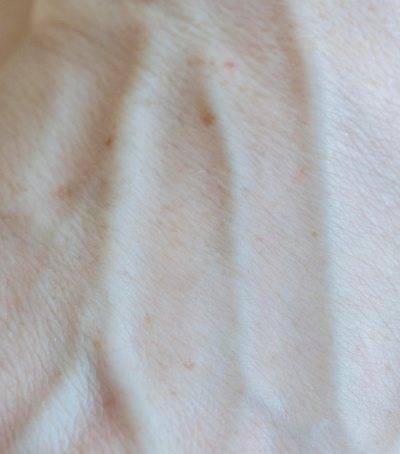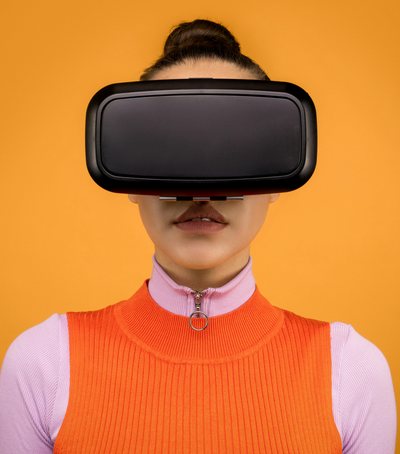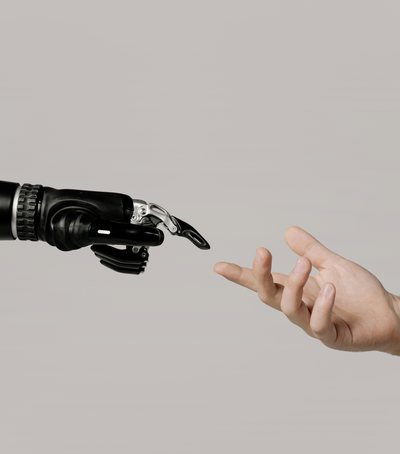
In an era where technology coexists with biology, the human body is becoming a source of information itself. From smartwatches to skin patches, advanced sensors are turning the body into a smart system that communicates in real time with humans and medicine. For the first time, health is no longer monitored only when we get sick – but every day, silently, to prevent problems before they arise.
When the body "speaks" through technology
Smartwatches, biometric rings, and wearables are no longer fashion accessories, but health partners. They measure heart rate, blood pressure, breathing, sleep quality, and stress levels. Each data is transmitted in real time to an app that analyzes body rhythms and signals changes that may indicate fatigue, dehydration, or risk for cardiovascular disease.
Skin patches – the lab that sticks to the body
The biggest innovation of recent years is smart patches – paper-thin sensors that are placed on the skin and measure levels of hormones, sugar or electrolytes. Some of them use microfluidic technology, analyzing sweat to understand how the body reacts to stress or physical activity. In this way, the body does not have to wait for illness to speak – it speaks for itself, daily, through invisible signals.
From monitoring to prevention
These sensors represent the shift from reactive medicine to preventative medicine. Instead of waiting for symptoms, technology warns us in advance. A sudden drop in oxygen, an increase in heart rate, or a poor sleep cycle can be early indicators that the body requires rest, care, or treatment. This immediate information gives the individual the power to know their body and take timely action.
The body as an intelligent map
In the future, these sensors will become an integral part of healthcare. With the help of artificial intelligence, the data will be read as a dynamic map of the body, where every change, no matter how small, will be meaningful. This means fewer unnecessary tests, fewer emergency visits and more personalized, more humane and more predictive care.
Ultimately, body sensors are teaching us something that modern medicine often forgot: the body is constantly speaking—we just need to know how to listen. And today, thanks to technology, its voice is finally being heard clearly.
Photo by Angela Roma : https://www.pexels.com/photo/collarbone-in-close-up-7479580/





